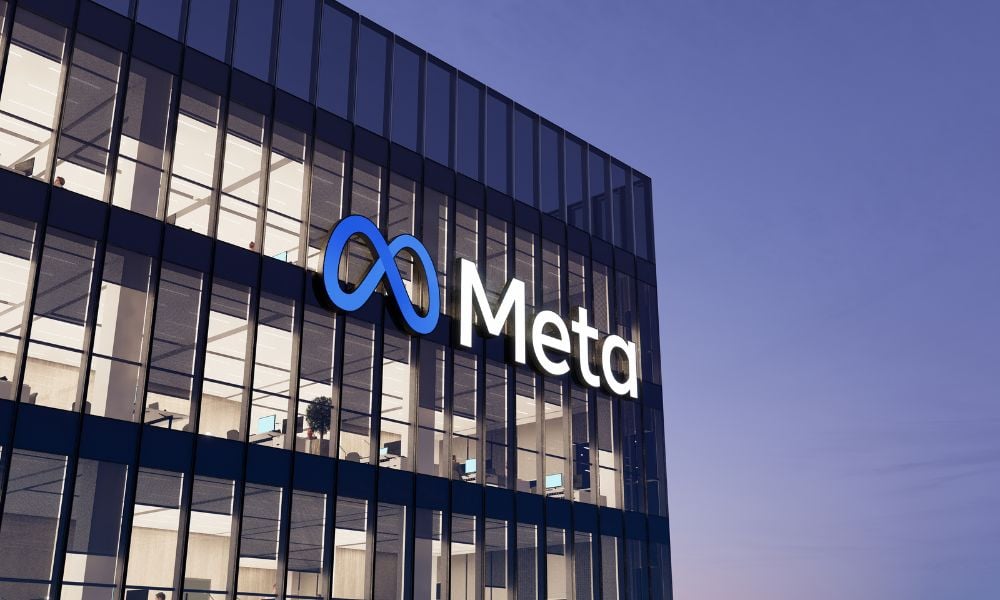
Are executive bonus plans effective for organisations?

Some executives at Meta could see their bonuses rise by up to 200% of their base salary after the company announced an increase in its annual bonus plan target.
In an SEC filing, Meta announced it is raising the target bonus percentage for some of the company's executives from 75% to 200% of their base salary.
The increase, which does not apply to CEO Mark Zuckerberg, will take effect for the 2025 annual performance period.
The move was approved by Meta's Board of Directors on February 13, after considering that its executives' total cash compensation was at or below the 15th percentile compared to other executives in peer companies.
"Following this increase, the target total cash compensation for the named executive officers (other than the CEO) will fall at approximately the 50th percentile of the Peer Group Target Cash Compensation," the SEC filing stated.
Meta's Bonus Plan offers variable cash incentives to reward executives for the company's results and achievements, aiming to motivate them to focus on key company priorities.
Payouts under Meta's Bonus Plan are calculated by multiplying each executive's base eligible earnings times their target bonus percentage, as well as the company performance percentage approved by the board for the annual performance period.
The announcement of Meta's increase in annual bonus plan arrived at a time when the company is being criticised for carrying out performance-based cuts.
Approximately five per cent of its employees globally are expected to be affected by the cuts, with a recent Reuters report revealing it will hit the United States and "dozen other countries across Europe, Asia, and Africa."
Employees in Germany, France, Italy, and the Netherlands are exempted from the performance-based cuts due to "local regulations," according to the Reuters report, which cited Meta's Head of People Janelle Gale.
Zuckerberg previously described the move as "more executive performance-based cuts," with the aim of backfilling the roles in 2025.
"We won't manage out everyone who didn't meet expectations for the last period if we're optimistic about their future performance, and for those we do let go, we'll provide generous severance in line with what we provided with previous cuts," the CEO was previously reported saying in an internal memo.
But some laid-off employees accused the tech giant of using "performance" as a pretext for its workforce layoffs.
Kaila Curry, a former content manager at Meta, shared last week that she was among the laid-off staff in Meta's performance-based cuts.
"This wasn't about performance; it was about workforce reduction in favour of AI initiatives," Curry said on LinkedIn.
According to Curry, she received an "exceed expectations" rating in her mid-year review and was frequently told that she was "doing a good job" when she asked for feedback.
"What I do know is this: I am not a low performer. I am an adaptive hard worker who thrives in work that I can be passionate about," she said.
Meta has yet to comment on the criticism on its cuts, as well as the recent boost in its Bonus Plan for executives.
But Zuckerberg, in the internal memo that announced the cuts, was previously reported drilling the importance of performance as the company works on some of the "most important technologies in the world."
"This is going to be an intense year, and I want to make sure we have the best people on our teams," the CEO was previously reported as saying.
Previous research has noted that executive bonuses, while controversial, can really be effective for organisations.
John Kepler, an assistant professor of accounting at Stanford Graduate School of Business, carried out in 2019 a study with Wayne Guay at the Wharton School and David Tsui at USC Marshall School of Business on the matter.
They found that financial incentives provided by executive bonus contracts are "significantly greater than estimated in previous academic literature."
"We find the bonuses are actually providing an order of magnitude more incentives than previous studies suggest for a lot of these top executives, in terms of creating shareholder value," Kepler said as quoted by Stanford Business.
"Even for some CEOs of top public companies, especially early in the executive's tenure, they provide meaningful incentives."
According to the research, bonus plans also appear to encourage mutual monitoring and facilitate coordination across top management.
"The analogy we've used is that these incentives get a team of executives at a company all rowing in the same direction," Kepler said. "So bonuses are especially valuable early in senior executives' careers and help get management teams focused on the right goals."
According to Kepler, designing executive bonus systems will require the company to understand the challenges they're facing at the time.
"When it comes to executive compensation, including bonus plans, there's no one-size-fits-all solution," he said.